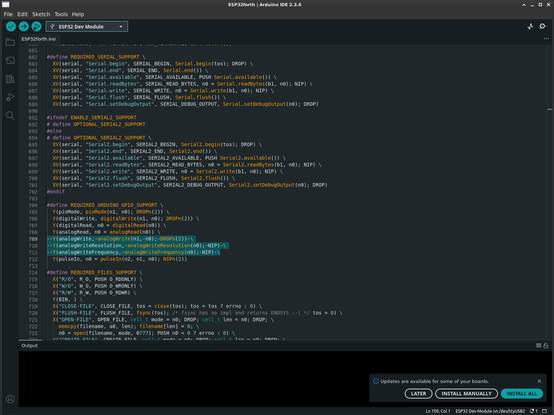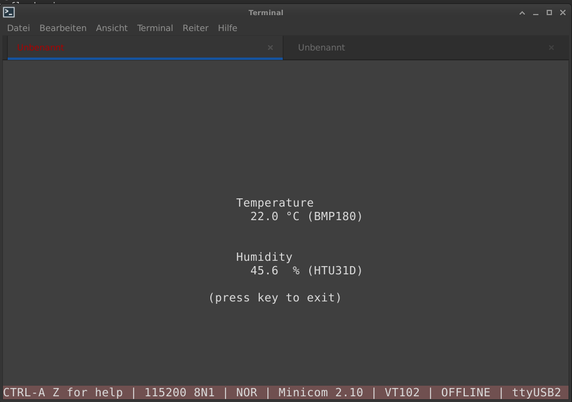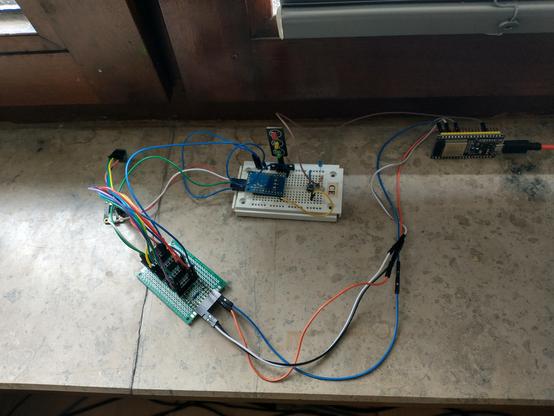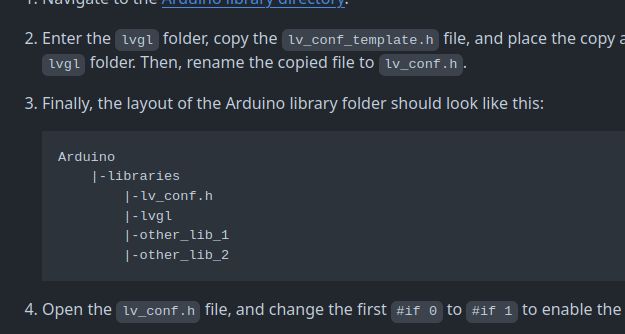In Germany there we have this saying that talking about music is like dancing to architecture.
In a simillar way, I find it rather difficult to describe to people why I prefer coding in a language which is usually considererd one or all of the following: old / outdated / dead / feeding-to-a-niche / hard-to-understand - but I will give it a last try:
One of the things I like about the Forth programming language - in this case #esp32forth - is that you can easily add hardware specific words from the Arduino library.
I was missing analogWrite, analogWriteFrequency and analogWriteResolution so I just added those.
But aside from that, using Forth on the ESP32 makes prototyping so much easier: you save yourself the endless cycle of "code, compile, upload, test, code..." since you can actually write your code interactively on the device (using either the Block Editor or the Visual Editor).
Being able to remotely connect to this development environment via either #Http or #Telnet just rounds it up for me.
Maybe it's because it brings me back to the times when I was coding BASIC on my bedsit, but maybe it really is because it is a very efficient way to code ...








